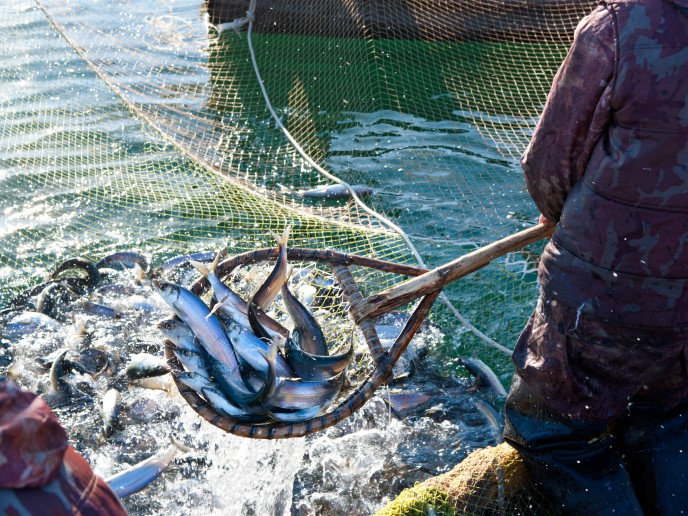New policies and innovations to boost European seafood sector
Europe is looking to strengthen the competitiveness of its fisheries and aquaculture industries to meet increasing demand. Against this background, the EU-funded SUCCESS (Strategic Use of Competitiveness towards Consolidating the Economic Sustainability of the european Seafood sector) project worked on strengthening the competitiveness of the European fisheries and aquaculture industries by conducting key research along the full value chain, i.e. from the fishing net (producers) to the plate (consumers). This couldn’t have come at a better time since growing environmental concerns have begun to affect consumer purchasing behaviour. “Consumer preferences for seafood vary considerably among countries and markets,” says Dr Bertrand Le Gallic, Assistant Professor in Economics – University of Brest, France, which coordinated the project. “There is certainly a market for sustainably and locally produced seafood, presenting an important opportunity for the producers,” he adds. Good results on the ground Competitiveness can be achieved by enhancing cooperation among producers, processors and relevant organisations and by differentiating the product based on quality, origin, processing and convenience. In one case study the project enhanced cooperation among scallop producers in Galicia, Spain, bringing producer organisations closer to processors to create a fresher, more premium product. “The fishermen sell the company at a negotiated price, which beats selling by auction, yielding a high-quality product,” illustrates Dr Le Gallic. The project also demonstrated the importance of convergence in aquaculture between key European countries and non-EU countries such as Turkey. “Non-EU companies don’t necessarily need to comply with the high EU standards at production level,” states Dr Le Gallic. In some cases, establishing safeguards such as non-tariff measures can protect against unfair competition. SUCCESS also highlighted the need to address lack of information across the seafood value chain regarding quality and benefits. “Increasing and improving communication regarding quality and product at every level of the value chain can benefit both producers and consumers,” insists Dr Le Gallic, highlighting the example of a training programme developed by the Spanish government for working at retail seafood counters. Recommendations for better policies SUCCESS identified a need for policies to address the heterogeneity of the seafood value chain. “Since the seafood industry is well diversified by species, countries and production systems, it can benefit from more tailored policies, as generic policies may be ineffective or even harm the industry,” says Dr Le Gallic. There is also a need to improve consumer knowledge and traceability, particularly in places where consumers aren’t very familiar with seafood products. An example from Dr Le Gallic involves “introducing labels of origin on seafood as many consumers would be willing to pay more for differentiated products from specific countries.” Overall, the EU can simplify legislation and promote policy coherence for advancing aquaculture, e.g. through an enhanced regulatory framework. This includes, for example, fairer implementation of Marine Spatial Planning to avoid competition with the tourism sector. Simplifying licensing procedures and harmonising environmental impact assessments would also be useful, so would facilitating regulations to establish new industry facilities. Coherence between EU quality schemes and EU organic labelling – such as shellfish farming – is pivotal, so is promoting innovation in the field. One SUCCESS partner developed new innovative mussel products using natural preservatives. “The extended shelf-life of these products helps producers to reach remote markets and compete with imported mussels in the domestic markets,” says Dr Le Gallic. Lastly, measures should be put in place to compensate for positive societal impacts at the expense of the fishing industry. Examples include losses in carp due to predators from protected birds or due to touristic attractiveness of an area which limits aquaculture and fishing. There is no doubt that policies and innovative products can render the sector more competitive and sustainable.
Keywords
SUCCESS, seafood, fisheries, aquaculture, shellfish



